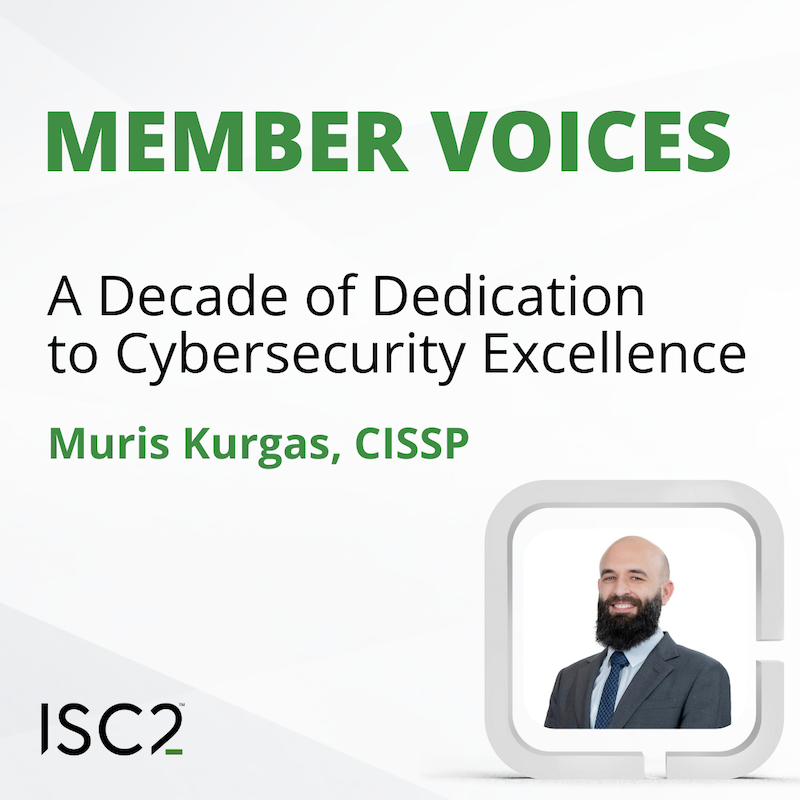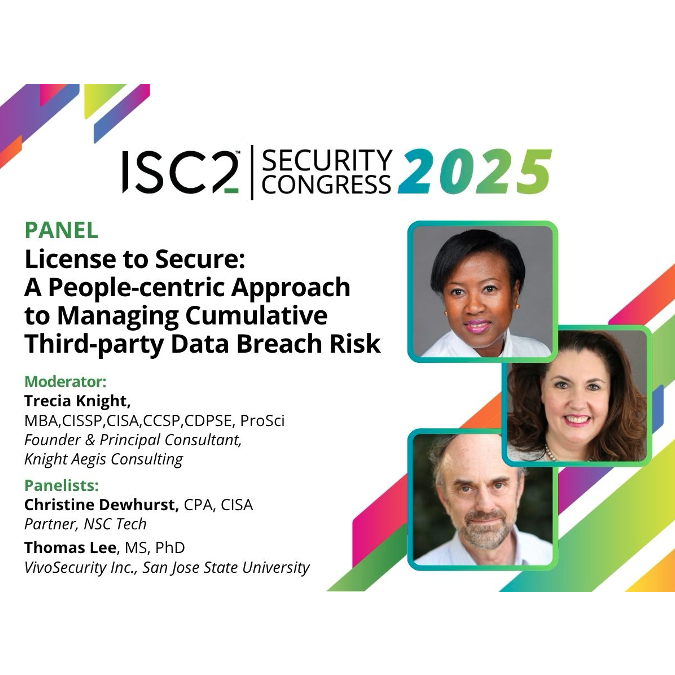In today’s job market, the need for cybersecurity employees is in great demand. Many candidates try to stand out and/or meet the workforce demands by holding a cybersecurity certification.
Both ISC2’s CISSP and CompTIA’s CASP+ are advanced level certifications. While they are often compared, within the cybersecurity industry, they have their differences. Many people wonder which one is right for them.
To help you decide which credential is right for you, consider these factors and points of comparison.
Many IT/Cybersecurity people will put them in the same category, but the CISSP and the CASP+ test and measure different skill sets. The CASP+ certification is suited to professionals who want to be immersed in technology as a practitioner, while the CISSP is suited for those who want to be in management or move into management. The CISSP focuses on management strategies, practices and principles. The CISSP validates you have what it takes to effectively design, implement and manage a best-in-class cybersecurity program. The CASP+ validates advanced-level competency in risk management; enterprise security operations and architecture; research and collaboration; and integration of enterprise security.
Both certifications require passing an exam with similar topics. The CASP+ exam covers enterprise security, risk management and incident response, research and analysis, integration of computing, communications and business disciplines, as well as technical integration of enterprise components. The CISSP exam covers eight different domains including security and risk management, asset security, security engineering, communications and network security, identity and access management, security assessment and testing, and security operations and software development security. They are both vendor non-specific, require renewal every 3 years and require CPE’s each year to remain valid.
However, that is where the similarities stop. The two exams are tested differently. The CISSP exam is a Computer Adaptive Test (CAT) and consists of 100-150 questions that must be completed in three hours. It is all multiple choice and tests candidates on cybersecurity strategies broader and more managerial than the CASP+. The CASP+ certification exam has 80-90 questions and takes three hours (165 minutes) to complete. The CASP+ is comprised of simulated environment and multiple-choice questions. The exam is performance-based and tests candidates on the technical side of cybersecurity.
The two have different experience requirements. The CISSP requires five years cumulative paid work experience in two or more of the eight exam domains. After passing the exam, candidates must submit verification of their experience and have another certified CISSP endorse them. The CASP+ recommends candidates have at least 10 years of experience in IT administration, with at least five years of hands-on technical security experience.
The InfoSec Institute notes that the average salary for a CISSP professional falls between $73,627 and $111,638, making this the highest paying credential in the IT industry. The average salary for the CASP+ professional falls between $51,619 and $115,032
In the end, both the CASP+ and the CISSP help move your career forward and allow you to qualify for new opportunities. Both fill a gap in the cybersecurity field. CASP+ certification fills the technical need, and the CISSP fills the managerial roles. Currently, the CISSP is still the more recognizable credential and therefore is still the better Return on Investment (ROI) as more job requisitions specifically mention CISSP as a required cybersecurity certification needed.
When deciding which certification or certifications to pursue, think about your short- and long-term goals. Download the Ultimate Guide to the CISSP as part of your education.


